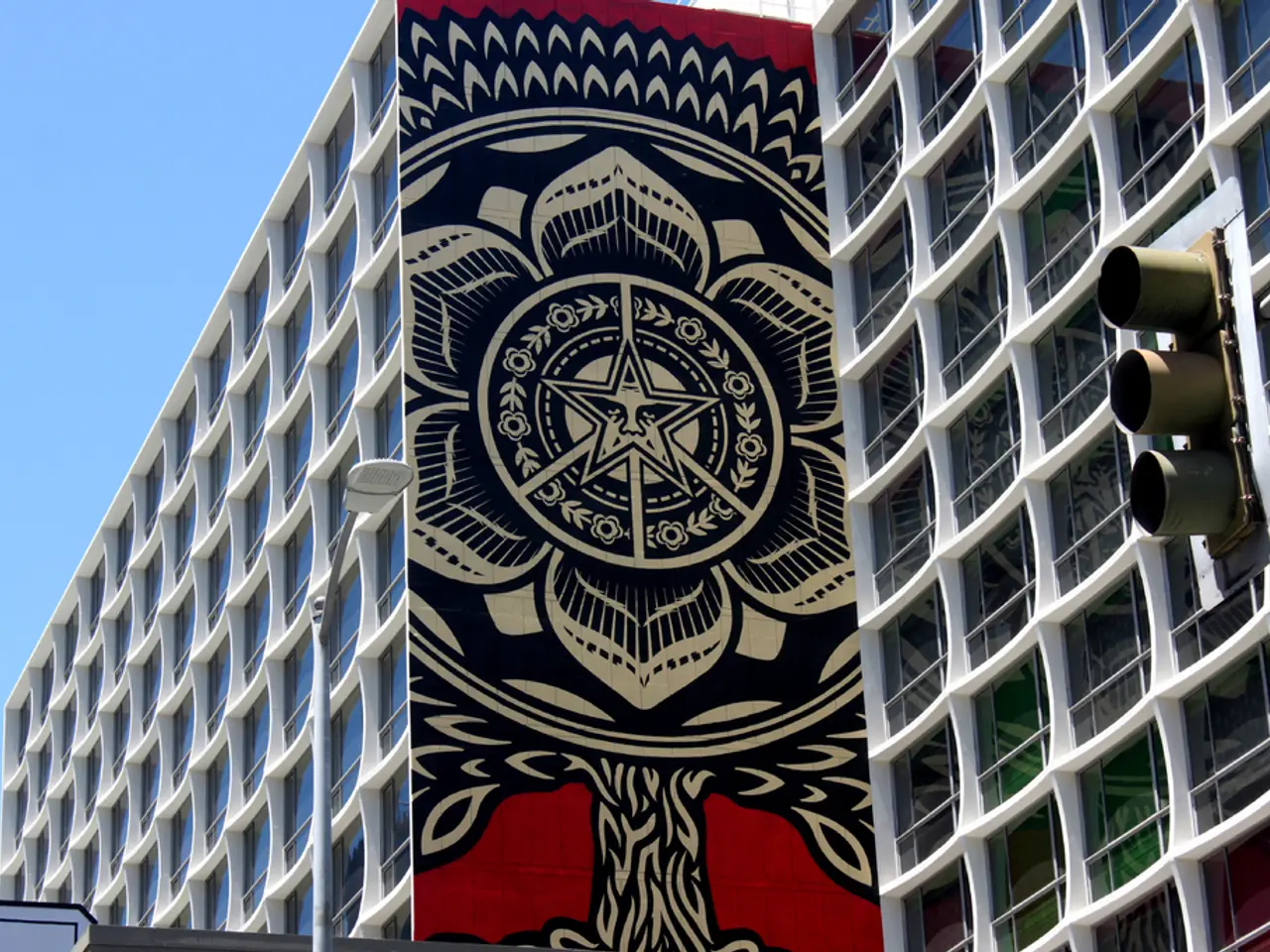Intense Crusade Against Housing and Social Welfare Illegitimacy in Gelsenkirchen
In the heart of Gelsenkirchen, a series of issues have come to light, shedding light on the city's ongoing struggles with social welfare fraud and housing problems.
According to recent reports, the control summary on Unkel Street and Drake Street has seen a significant number of traffic violations, with 30 traffic warnings, seven towing actions, and ten fines issued due to missing or incorrect low-emission vehicle stickers. Additionally, eight electricity meters on these streets have been disconnected due to outstanding payments, and three more were disconnected from one house alone.
The job center employees have also discovered four cases of social benefits fraud on Unkel Street and Drake Street. Two families have been reported to the immigration authority for verification of employment conditions, and an illegal electricity tap and a propane gas bottle used to heat an apartment were seized.
The influx of poverty from Bulgaria and Romania has been described as a challenge by the Gelsenkirchen administration. To address these growing problems, the "Intervention Team EU-East" has been established.
Housing issues in the city have been exacerbated by the presence of many apartments with broken doors, litter in the hallway, and usage bans due to unauthorized structural changes. Significant amounts of bulky waste have also been found on these streets. Unauthorized attic apartments have been discovered in several houses, with further defects in the stairwell.
Federal Minister of Labor, Barbara Bas, has called for reform to address the issue of ghettoization in Gelsenkirchen. While specific details about current Gelsenkirchen social welfare fraud cases or exact legislative reforms on EU-East movement freedom are not available, the broader EU and German context provides some insight.
Social benefits fraud units, such as the one in Duisburg led by Jörg Lange, are actively involved in implementing mechanisms like MISSIMO (a local police network tool) to combat social benefits fraud in German cities. The freedom of movement within the EU, especially from Eastern European countries (EU-East), generally allows EU citizens to reside and work anywhere in the EU but is subject to conditions such as having stable income or not being an unreasonable burden on social welfare systems. Proposed reforms in Germany and EU contexts typically focus on stricter eligibility criteria for welfare support for mobile EU citizens.
For specifics, one should consult recent local government releases or legal reform proposals from German federal or NRW state authorities. The city of Gelsenkirchen continues to grapple with these challenges, and efforts to combat social welfare fraud and improve housing conditions are ongoing.
The investigation led by Jörg Lange at the social benefits fraud unit in Duisburg has highlighted cases of fraud on Unkel Street and Drake Street, indicating a potential link between politics and general-news at Gelsenkirchen's heart. Alongside social welfare fraud, crime-and-justice issues such as traffic violations and disconnected electricity meters have also risen, increasing the city's struggles, notably in the areas of housing and crime.








